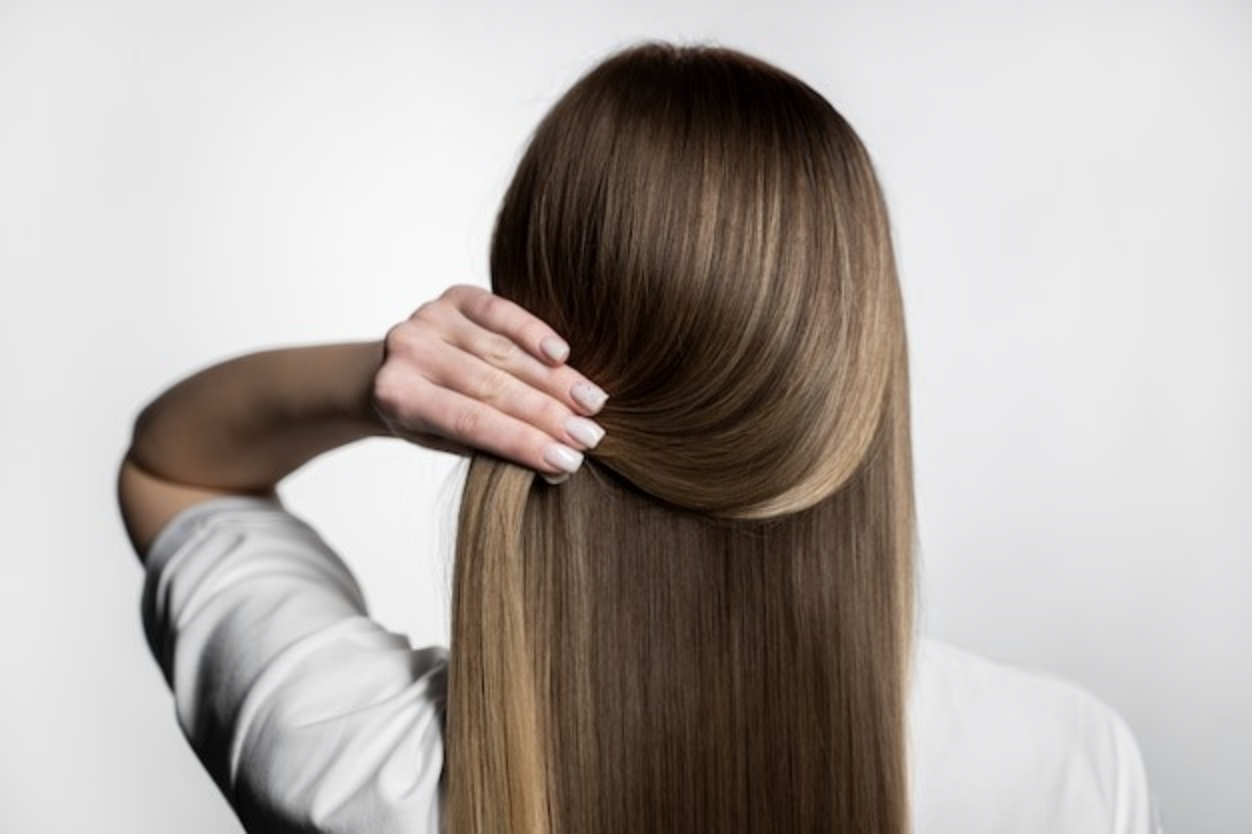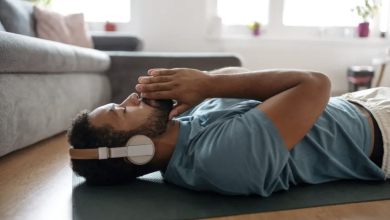Understanding the Importance of Conditioner in Your Hair Care Regimen: Six Key Tips for Optimal Outcomes

Taking care of our hair is a key part of our daily routines, and while shampoo often steals the spotlight, conditioner is just as important, if not more. Skipping conditioner is a common mistake. Really, to keep your hair healthy, manageable, and looking great, using conditioner is a must. Let’s break down why it’s so crucial and share some tips for getting the best results.
Why is conditioner so important? Well, it adds moisture, smoothness, and control to your hair after you wash it. Here’s what it does:
- Hydration and Moisture Balance: Shampoo is great at cleaning your scalp and getting rid of excess oil, but it can also strip away the natural oils that keep your hair from becoming dry and lifeless. Conditioner steps in to replenish that lost moisture, coating the hair shafts to lock in hydration. This leaves your hair shiny, soft, and full of life.
- Taming Frizz and Enhancing Smoothness: If you’re tired of frizzy hair that’s hard to manage, conditioner could be your hero. It works by sealing the hair cuticle, which helps keep moisture in and frizz out. This makes your hair smoother and easier to detangle—especially important for those with curly or wavy hair, as it tends to be drier than straight hair.
- Preventing Damage: Conditioner also coats each strand of your hair, reducing friction and protecting it from pollution and UV rays. Dry hair is prone to breaking and splitting, so regular conditioning helps keep your hair strong and damage-free.
- Improving Hair Elasticity: Ever wonder how much your hair can stretch without breaking? That’s what elasticity is all about. Hydrated and well-conditioned hair is more flexible, which means it’s less likely to break when you’re brushing or styling it. A good conditioner boosts this elasticity, making your hair healthier and more resilient.
- Restoring pH Balance: The natural pH of your hair is slightly acidic, but using sulphate shampoos can mess with this balance, leading to dull and tangled hair. pH-balancing conditioners help restore this acidity, keeping your hair vibrant and smooth.
Now, let’s talk about the different types of conditioners and how they work:
- Rinse-Out Conditioner: This is what most people use. It’s applied right after shampooing, left on for a few minutes to hydrate and smooth your hair, and then rinsed out. It’s great for daily use and works well for most hair types.
- Leave-In Conditioner: These are lighter and are meant to stay in your hair after you wash it. They provide hydration and protection throughout the day, making them a good choice for those with curly, dry, or damaged hair.
- Deep Conditioner: For hair that’s very dry, damaged, or treated with chemicals, deep conditioners are a lifesaver. They’re packed with rich ingredients and are left in your hair for 20-30 minutes to deeply repair and restore health.
- Hair Masks: Similar to deep conditioners, hair masks are used once a week to provide extra nourishment and repair, especially useful for tackling extreme dryness or damage from coloring.
Using conditioner correctly can really make a difference. Here’s how to get the best results:
- Apply Conditioner on the Ends: Your ends are the oldest and driest part of your hair, so they need the most care. Applying conditioner directly on the scalp can make your roots greasy, so start from the middle and work your way down.
- Don’t Overdo It: Too much conditioner can leave your hair feeling heavy and greasy. Use just a dime-sized amount for short hair, and about a quarter-sized amount for longer locks.
- Leave It On the Right Amount of Time: Leaving conditioner on for just a few minutes allows the ingredients to penetrate and moisturize your hair. Check the product label for the best timing.
- Rinse with Cool Water: This helps lock in moisture and keep your hair smooth. Hot water can open up the cuticle, leading to more frizz and dryness.
- Incorporate Deep Conditioning Treatments: If your hair is very dry or damaged, consider adding a deep conditioning treatment or hair mask to your routine once a week.
- Know Your Hair Type: Understanding whether your hair is straight, wavy, curly, or coily will help you choose the best conditioner. Lighter formulas are great for fine hair, while richer ones are better for curly or coarse textures.
In conclusion, conditioner isn’t just a nice-to-have—it’s essential for maintaining healthy, beautiful hair. By choosing the right product and using it properly, you can transform dry hair into soft, shiny, and healthy locks. Remember, a complete hair care routine includes conditioner, so don’t leave it out! Your hair will thank you for it.



